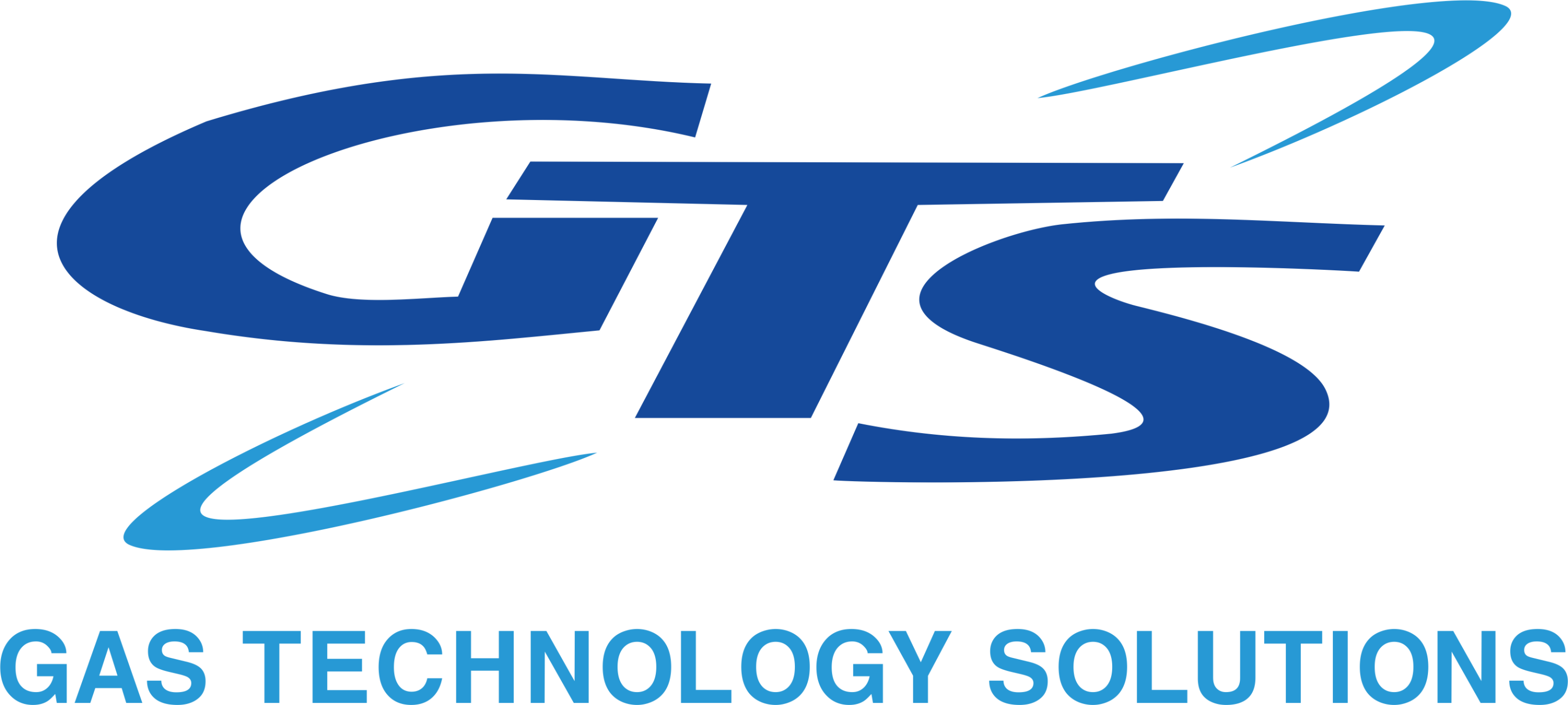Chưa được phân loại
How Startups Can Launch a Data Room to Speed Up the Fundraising Process
Startups can use a virtual data space (VDR) to speed up the process of fundraising by providing potential investors with the information they require. This could include detailed revenue projections, IP ownership documentation, and detailed financial records. These details, along with a pitch, could aid potential investors in deciding whether or to invest in a business.
It’s important to remember that, despite the speed of access that VDRs allow, VDR offers due diligence should not be taken lightly. Founders should be sure to label and organize their files and folders. They should also employ consistent metadata and naming conventions when uploading. They should also ensure to group related documents for each project or deal so that users can quickly find the information they require. It is also essential to limit the amount of information that can be accessed and to update the data room regularly to reflect any changes or new documents. Financial statements or contracts that are not up-to-date or outdated could be confusing to prospective investors and partners.
Last but not least, founders should stay clear of sharing selective metrics when creating an outline for their VDR. For example when sharing engagement or retention data, it’s important to provide the entire number of metrics, not just a subset of your most promising users. This practice can actually distract from your message that you’re trying to convey and may suggest that you don’t have a all-encompassing understanding of your data. It is important to share the data that is most important to your target audience. This will keep your audience entertained and allow them to better understand your results and implications.
